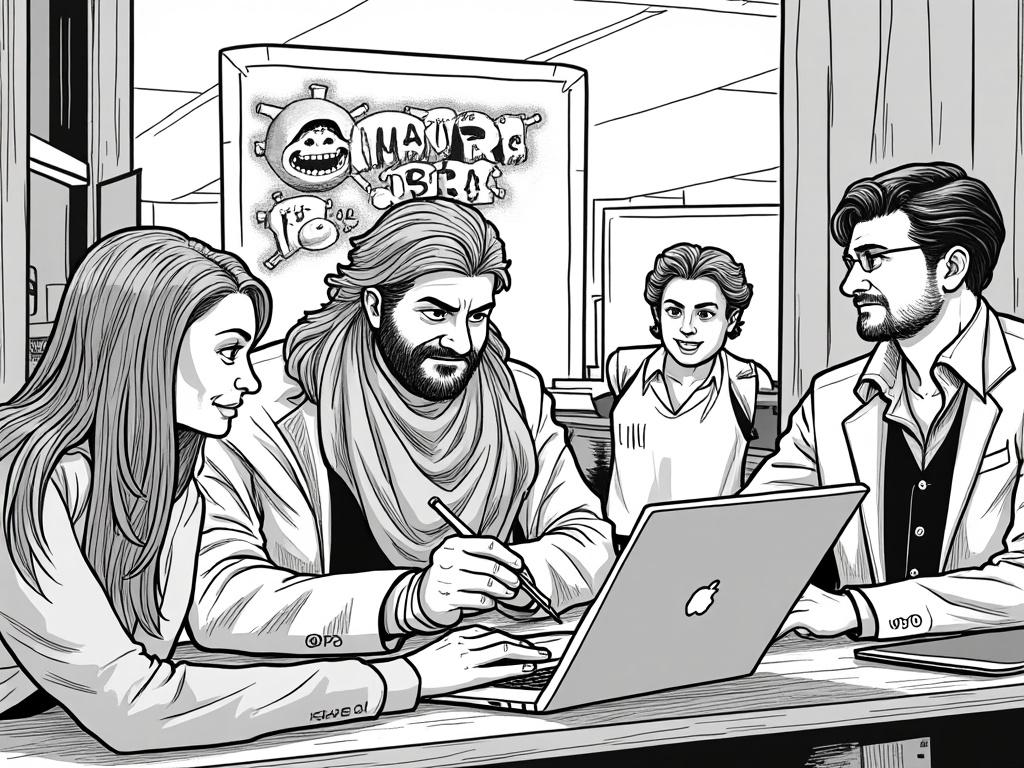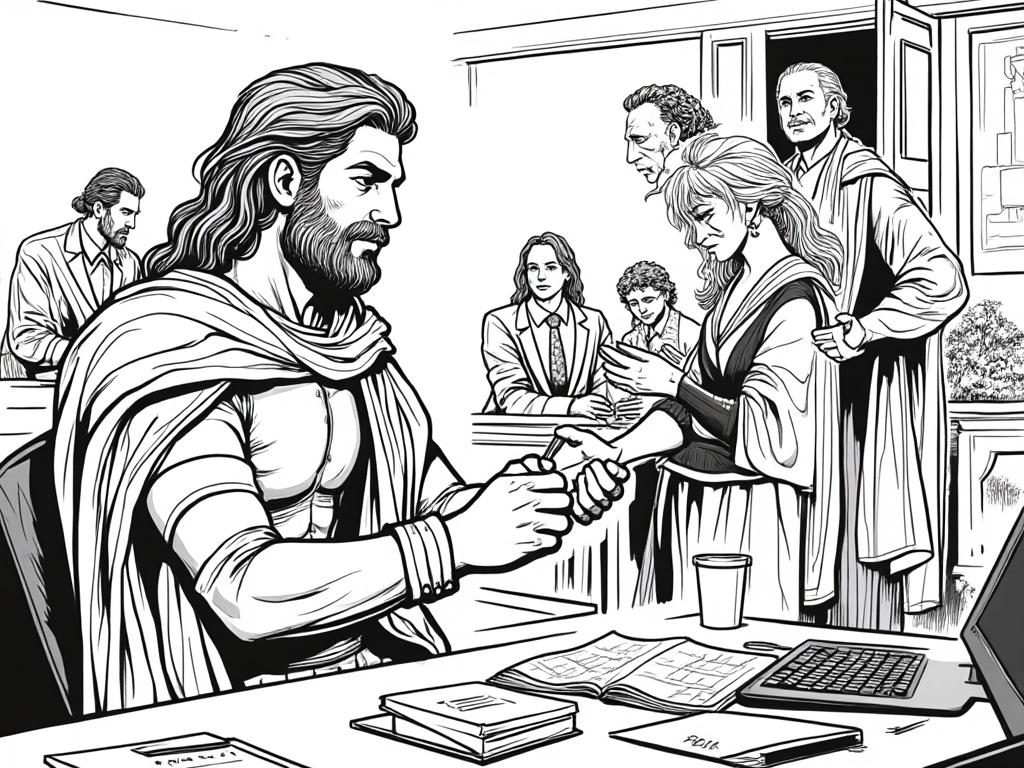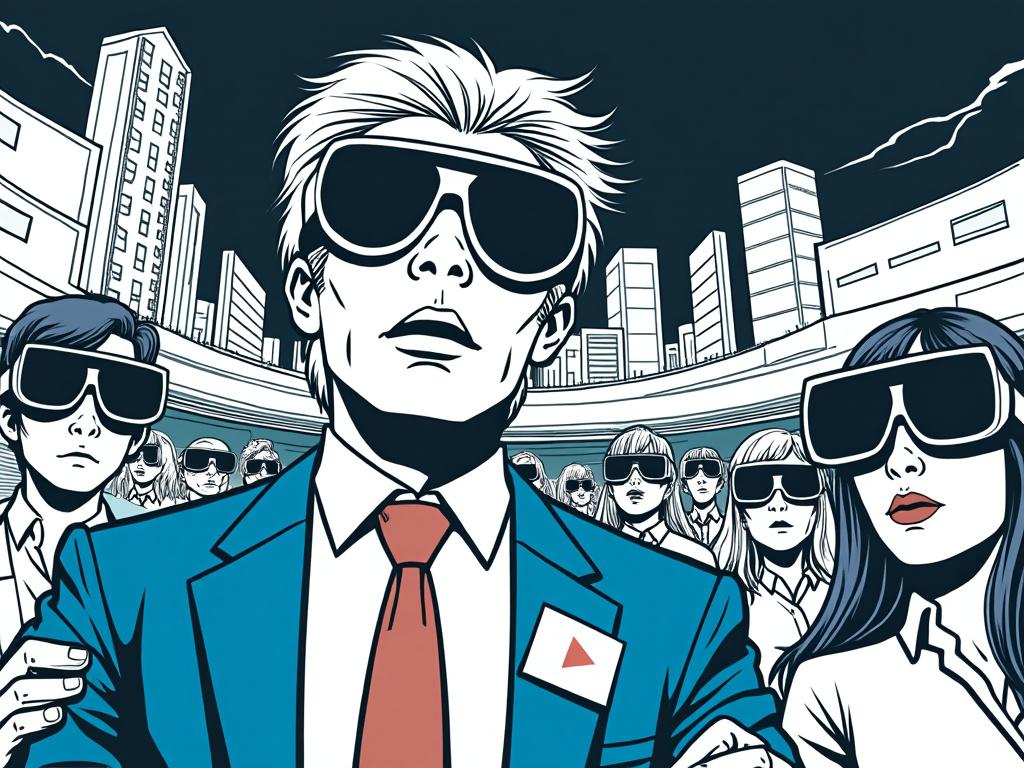
Greek Mythology: Gods, Heroes, and Legends That Shaped Western Civilization
Reading time: 12 minutes
Ever wondered why we still reference Zeus when talking about power, or why we call someone with a weakness an “Achilles’ heel”? Greek mythology isn’t just ancient storytelling—it’s the foundation of how we understand heroism, tragedy, and human nature itself. Let’s explore this fascinating world where gods walked among mortals and heroes faced impossible odds.
Table of Contents
- The Olympian Pantheon: Power Structure of the Gods
- Legendary Heroes and Their Epic Journeys
- Creation Myths and Cosmic Origins
- Modern Influence: From Literature to Real Estate
- Archaeological Evidence and Historical Context
- Your Mythological Journey Forward
- Frequently Asked Questions
The Olympian Pantheon: Power Structure of the Gods
The twelve Olympian gods weren’t just random deities—they represented a sophisticated understanding of human psychology and natural phenomena. Zeus, the king of gods, embodied authority and justice, while his brothers Poseidon and Hades ruled the seas and underworld respectively, creating a complete cosmic hierarchy.
The Divine Family Drama
Think of the Olympians as the ultimate dysfunctional family. Zeus’s affairs were legendary—literally. His relationships with mortals produced heroes like Perseus and Heracles, while his divine marriages created complex power dynamics. Hera, his wife, wasn’t just jealous—she was a powerful goddess of marriage and family, representing the tension between ideal institutions and human (or divine) reality.
Divine Power Comparison
Goddess Power Dynamics
Here’s something fascinating: Greek goddesses weren’t just feminine versions of male gods. Athena emerged fully grown from Zeus’s head, representing pure intellect and strategic warfare. Artemis chose eternal virginity and independence, becoming the protector of young women and wild animals. These weren’t passive figures—they were autonomous powers with their own agendas.
Consider this: When the city of Athens needed a patron deity, both Athena and Poseidon competed. Poseidon struck the ground and created a saltwater spring. Athena planted an olive tree. The Athenians chose wisdom over power, and their city became the intellectual center of the ancient world.
Legendary Heroes and Their Epic Journeys
Greek heroes weren’t perfect—that’s what made them compelling. They had hamartia (fatal flaws) that drove their stories and made them relatable despite their extraordinary abilities.
The Hero’s Journey: Archetypal Patterns
Odysseus represents the ultimate survivor. His ten-year journey home wasn’t just about geography—it was about transformation. Each challenge (the Cyclops, the Sirens, the underworld) represented a different aspect of human temptation and growth. Modern psychologist Joseph Campbell used Odysseus’s journey as a template for understanding all heroic narratives.
| Hero | Fatal Flaw | Greatest Achievement | Modern Parallel | Legacy Lesson |
|---|---|---|---|---|
| Achilles | Excessive Pride (Hubris) | Greatest Warrior of Troy | Elite Athletes | Vulnerability in Strength |
| Odysseus | Curiosity/Recklessness | Master of Strategy | Entrepreneurs | Persistence Overcomes Obstacles |
| Heracles | Uncontrolled Rage | Twelve Impossible Labors | Redemption Stories | Strength Requires Discipline |
| Perseus | Naivety | Slaying Medusa | Tech Innovators | Preparation Defeats Impossibility |
| Theseus | Forgetfulness | Defeating the Minotaur | Political Leaders | Details Matter in Success |
Female Heroes: The Overlooked Protagonists
Let’s talk about the women who shaped these stories. Penelope wasn’t just waiting passively for Odysseus—she was actively protecting his kingdom through cunning and determination. Medea, despite her dark ending, was one of the most powerful sorceresses in mythology, capable of restoring youth and controlling the elements.
Quick Scenario: Imagine you’re facing an impossible deadline at work. What would Penelope do? She’d create a strategic delay while working on the real solution behind the scenes. That’s exactly how she handled 108 aggressive suitors for over a decade.
Creation Myths and Cosmic Origins
Before there were gods, there was Chaos—not disorder, but the primordial void from which everything emerged. This concept predates modern scientific theories about cosmic origins by thousands of years, yet it shares surprising parallels with contemporary understanding of universal expansion.
The Titan Era: Pre-Olympian Power
The Titans represented raw, elemental forces. Cronus eating his children wasn’t just a horror story—it symbolized time consuming everything it creates. When Zeus defeated the Titans, it represented the triumph of organized civilization over chaotic natural forces.
Here’s the fascinating part: Archaeological evidence from Crete shows that pre-Greek civilizations did practice child sacrifice during crisis periods. The myths weren’t just imagination—they were cultural memory preserved through storytelling.
Modern Influence: From Literature to Real Estate
Greek mythology’s influence extends far beyond literature classes. In psychology, we have the “Oedipus complex” and “narcissistic personality disorder.” In business, companies use names like Nike (goddess of victory), Amazon (warrior women), and Oracle (divine prophecy).
Cultural Tourism and Economic Impact
Greece’s mythological heritage generates over €18 billion annually in tourism revenue. Sites like the Acropolis, Delphi, and Olympia attract millions who want to connect with these ancient stories. This has created a thriving market for properties near these historic locations, including houses for sale in athens, where modern residents can live among the landmarks that inspired millennia of storytelling.
Pro Tip: The mythology tourism market isn’t just about visiting ruins—it’s about experiencing narrative landscapes. Tour operators now offer “hero’s journey” experiences that follow mythological paths through actual Greek geography.
Modern Retellings and Adaptations
Authors like Rick Riordan have introduced Greek mythology to new generations through the Percy Jackson series, while Madeline Miller’s “Circe” and “The Song of Achilles” have brought sophisticated psychological depth to ancient characters. These aren’t just retellings—they’re cultural evolution, showing how timeless themes adapt to contemporary concerns.
Archaeological Evidence and Historical Context
Recent archaeological discoveries have validated many mythological elements previously considered pure fiction. The discovery of a massive bronze-age palace complex at Pylos matches Homer’s descriptions of Nestor’s kingdom with startling accuracy.
The Troy Question: Myth Meets Reality
Heinrich Schliemann’s 19th-century excavations at Hisarlik, Turkey, revealed multiple layers of ancient cities, including one that shows evidence of siege warfare during the period when the Trojan War supposedly occurred. While we can’t prove the specific events of the Iliad, we can confirm that major conflicts did occur in that region during the Late Bronze Age.
Consider this evidence: Linear B tablets from Pylos mention personnel and military preparations that mirror the organizational structures described in Homeric epics. The myths weren’t historical records, but they preserved accurate cultural memories.
Religious Practices and Social Structure
Temple complexes throughout Greece show evidence of ritual practices that match mythological descriptions. At Eleusis, archaeological evidence confirms the existence of mystery cults centered on Demeter and Persephone, complete with underground chambers for initiation ceremonies.
Practical insight: Understanding these archaeological connections helps modern visitors appreciate Greek sites not just as ruins, but as active religious and cultural centers that functioned for over a millennium.
Your Mythological Journey Forward
Ready to deepen your connection with these enduring stories? Here’s your strategic roadmap for exploring Greek mythology meaningfully:
Immediate Actions:
- Start with Primary Sources: Read Homer’s Iliad and Odyssey in modern translations (Robert Fagles or Emily Wilson versions are excellent)
- Connect Patterns to Modern Life: Identify which mythological archetypes appear in your favorite movies, books, or personal challenges
- Explore Archaeological Sites: Plan visits to key locations where myth and history intersect—Athens, Delphi, Crete, or Mycenae
- Track Cultural References: Notice how often you encounter mythological references in daily life—from brand names to psychological concepts
Long-term Exploration:
- Study comparative mythology to understand how Greek stories relate to other cultural traditions
- Investigate the influence of Greek mythology on Renaissance art, Romantic poetry, and contemporary literature
- Consider how these ancient narratives address contemporary issues like leadership, ethics, and personal transformation
The beauty of Greek mythology lies not in its age, but in its relevance. These stories continue to evolve because they address fundamental human experiences that transcend time and culture. Whether you’re navigating career challenges like Odysseus, confronting personal flaws like Achilles, or seeking wisdom like those who consulted the Oracle at Delphi, these ancient narratives offer frameworks for understanding modern life.
What mythological archetype best describes your current life journey, and how might that ancient wisdom guide your next major decision?
Frequently Asked Questions
How historically accurate are Greek myths?
Greek myths blend historical memory with symbolic storytelling. While specific events like gods intervening in battles are mythical, many underlying elements—Bronze Age conflicts, social structures, religious practices, and geographical details—reflect authentic ancient realities. Archaeological evidence supports many cultural and material details found in mythological narratives, suggesting these stories preserved accurate information about pre-literate civilizations.
Why do Greek myths remain relevant in modern culture?
Greek myths endure because they address universal human experiences: family conflict, moral dilemmas, the struggle between duty and desire, and the consequences of choices. The psychological insights embedded in these stories—such as the concept of hubris leading to downfall or the hero’s transformative journey—provide frameworks for understanding personal and social dynamics that remain applicable across cultures and centuries.
What’s the best way to start learning about Greek mythology?
Begin with Homer’s epics (Iliad and Odyssey) in accessible modern translations, then explore Hesiod’s Theogony for creation myths and divine genealogies. Supplement literary sources with visual resources—Greek pottery, sculpture, and archaeological site visits provide crucial context. Modern retellings by authors like Stephen Fry or Rick Riordan can make complex mythological relationships more approachable while maintaining narrative authenticity.

Article reviewed by Nathan Dubois, Commercial Real Estate Financier | Structured Deals & Debt Solutions, on June 4, 2025


